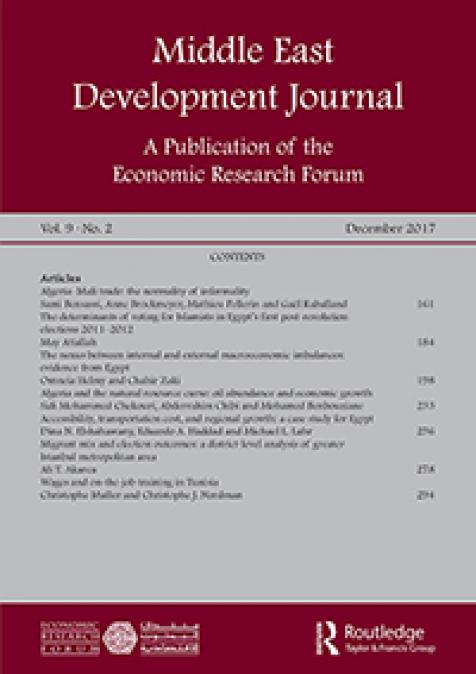Publications /
Book / Report
Access to electricity is a key factor for the future of the African continent. Energy poverty and lack of universal access to electricity services are, in fact, remarkably hurting human progress in Africa. Today, sub-Saharan Africa hosts 14 percent of the world’s population but 60 percent of the world’s people without access to electricity: of the more than 1 billion people globally who had no access to electricity, around 600 million lived in the region. In these conditions, many African countries are unable to develop a solid economy or provide basic health and education services to their citizens. Starting from the analysis of present and future economic, demographic, social and technological trends, Empowering Africa offers an in-depth assessment of the current status and of the future prospects of access to electricity in the African continent.
The volume describes the main developments in the Africa’s electricity sector, addressing the issue both from a regional and a thematic point of view, and attempting to define the key trends of a sector that will necessarily contribute to shape the continent’s political, social and economic dynamics for the next decades.
Realized through the scientific cooperation between Enel Foundation, the Istituto Affari Internazionali (IAI) and the Policy Center for the New South.











